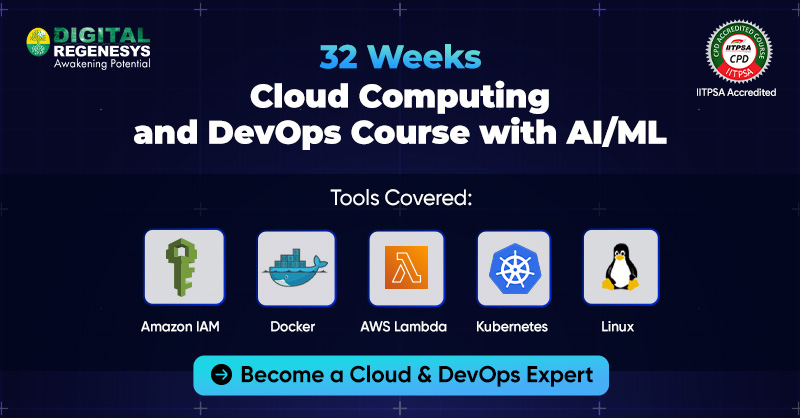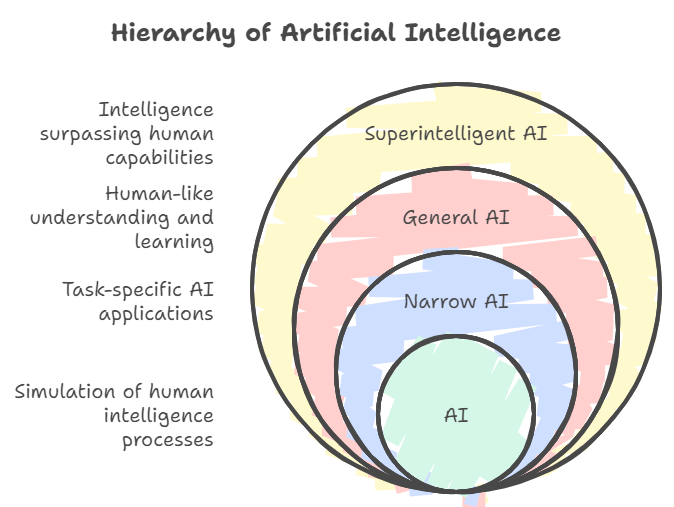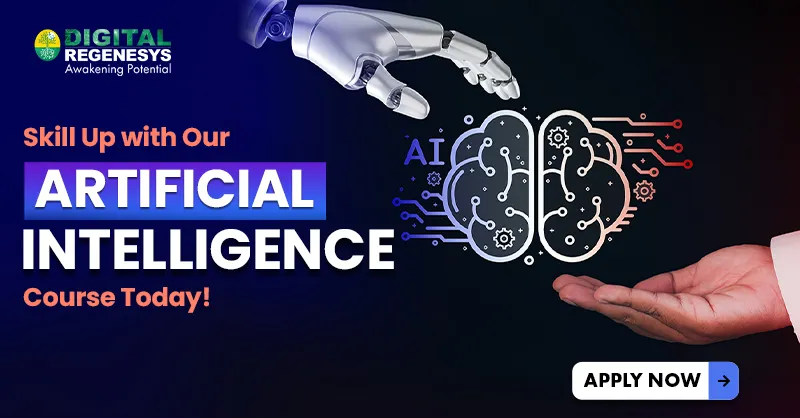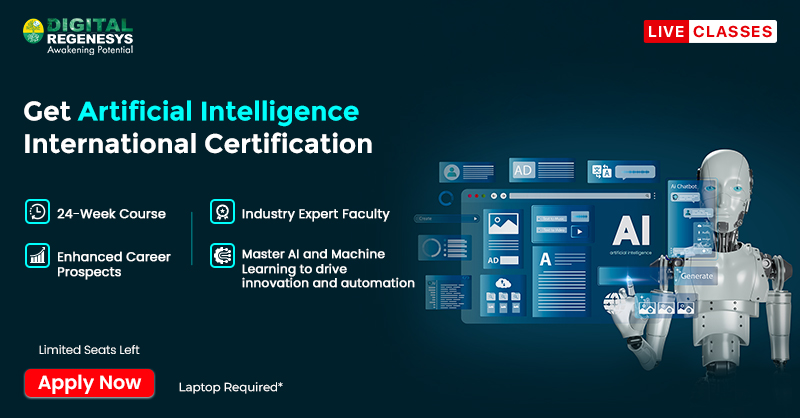Cloud Computing vs Artificial Intelligence – Understanding the Key Differences

Cloud computing and artificial intelligence (AI) are two important technologies shaping how businesses work today. Cloud computing lets people store and access data over the internet, offering flexibility, easy scaling, and cost savings. AI focuses on creating smart systems that can think, learn, and solve problems, similar to how humans do. The main difference between them is their use: cloud computing manages and stores large amounts of data, while AI analyses that data to provide useful insights. When used together, they help businesses make better decisions and work more efficiently.
Read the article to learn more about cloud computing vs artificial intelligence, the similarities between them, and more.

Cloud Computing vs Artificial Intelligence
Cloud computing and artificial intelligence (AI) are two powerful technologies that work together seamlessly but have distinct roles. Cloud computing vs artificial intelligence highlights their differences: cloud computing provides flexible, cost-effective access to resources like storage and computing power, while AI focuses on analysing data, making predictions, and automating processes.This allows businesses to store data, run applications, and manage their systems without needing expensive hardware. AI, on the other hand, is about creating intelligent systems that can learn, make decisions, and solve problems like a human. AI needs a lot of data to work effectively, and cloud computing helps by storing and managing that data efficiently.
The table below showcases the difference between cloud computing and artificial intelligence:
|
Aspect |
Cloud Computing |
Artificial Intelligence |
|
Purpose |
It offers scalable resources like storage, networking, and processing power over the internet. |
It focuses on building intelligent systems capable of performing cognitive tasks such as decision-making and problem-solving. |
|
Resource Management |
It manages storage and processing resources, ensuring they are available on-demand for businesses. |
It uses computing power to process and analyse data, requiring cloud resources to perform complex tasks like training models. |
|
Application |
It is used for data storage, web hosting, disaster recovery, and application hosting. |
It is applied in predictive analytics, customer service automation, and fraud detection. |
|
Integration |
It provides the necessary infrastructure and storage for AI applications. |
It enhances cloud computing by automating processes, optimising resources, and improving data analysis for better decision-making. |
What is Cloud Computing?

Cloud computing allows users to access data and computing resources like storage and processing power over the Internet without the need for physical servers or equipment. Instead of buying expensive hardware, users can rent services from cloud providers, paying only for what they use. This makes it cost-effective and flexible, as businesses can scale up or down depending on their needs.
There are three main types of cloud services:
- Infrastructure as a Service (IaaS), where you rent basic computing resources
- Platform as a Service (PaaS), which provides tools for building applications
- Software as a Service (SaaS), which offers ready-to-use software applications like email or file storage.
Cloud computing helps businesses collaborate better, store large amounts of data, and run applications from anywhere with an internet connection.
What is Artificial Intelligence?

Artificial Intelligence (AI) is a technology that enables machines to mimic human intelligence. It involves creating systems that can perform tasks like problem-solving, learning from experience, understanding language, and recognising patterns. AI systems use large amounts of data and advanced algorithms to make decisions or predictions without constant human guidance.
AI is used in many everyday applications, from chatbots and virtual assistants to recommendation systems on platforms like Netflix. It plays a crucial role in industries like healthcare, finance, and transportation, helping businesses become smarter and more efficient.
Know more about How can I Learn Artificial Intelligence here.

Cloud Computing vs Artificial Intelligence: Similarity
Cloud computing and artificial intelligence (AI) are two technologies that are changing how businesses and people work. Both help make things more efficient and allow companies to make smarter decisions. A key similarity between cloud computing vs artificial intelligence is that both play a big role in improving how we use data and technology.
Below are the similarities between cloud computing and artificial intelligence, highlighting their shared objectives and responsibilities:
- Integration for Better Performance – Cloud computing and AI work well together. Cloud platforms provide the storage and computing power AI needs to process large amounts of data. AI, in return, helps to improve how cloud systems are used.
- Flexibility and Scalability – Both cloud computing and AI offer flexibility. Cloud services allow companies to expand or reduce resources as needed. AI can learn new tasks, making it easier for businesses to adapt to changes.
- Cost Efficiency – Cloud computing lowers hardware costs, and AI helps manage data more effectively. Together, they create affordable solutions for businesses.
- Improved Data Management – AI analyses large data sets using cloud computing’s storage and processing power. This combination makes it easier to access and manage information.
If you want to pursue a career in cloud computing, then the very first step is to enrol in a good course. There are several courses available. One such course is Digital Regenesys’ Cloud Computing and DevOps course with AI/ML, which offers practical, hands-on experience, guided by industry experts, and provides internationally recognised certifications.
Both cloud computing vs artificial intelligence are key technologies that work together to influence the future of the digital world.

Conclusion
Thus, cloud computing vs artificial intelligence are both essential technologies, each with its unique purpose. Cloud computing focuses on offering flexible, scalable, and cost-effective solutions for storing and processing data, while artificial intelligence uses this data to learn, make predictions, and solve problems automatically. Together, they improve business operations, make decision-making smarter, and help manage data more efficiently. Both technologies are shaping the future of how we work and interact with information.
If you’re looking to build a career in these areas, you can enrol in specialised courses at Digital Regenesys to gain hands-on experience and industry-recognised certifications.
Last Updated: 22 November 2025